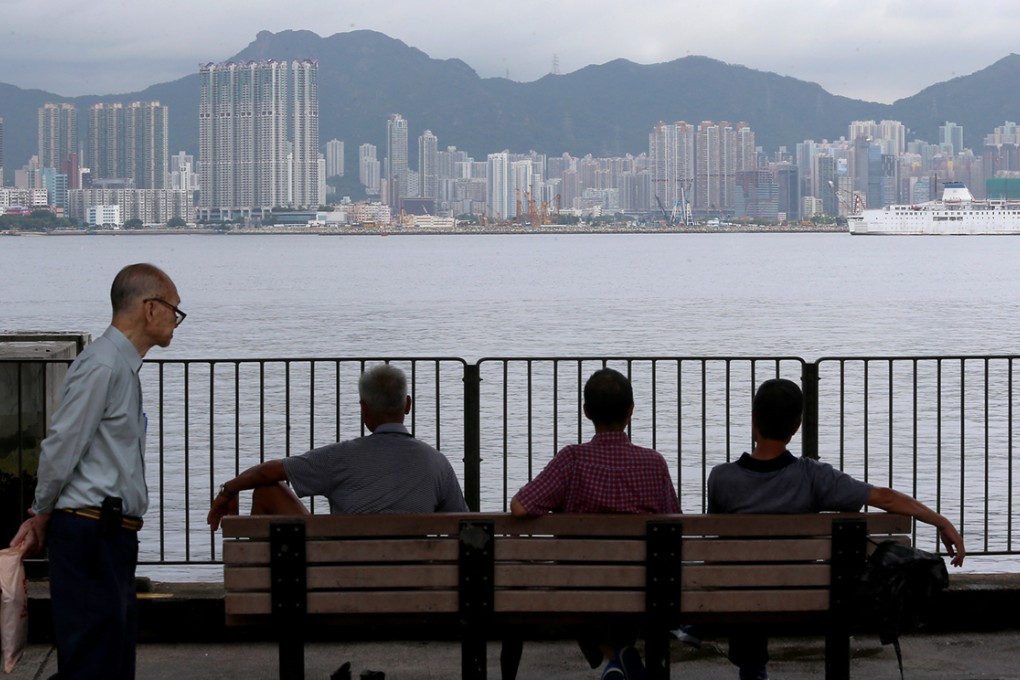Government must clarify costs that come with raising retirement age
Foreign countries have had a hard time getting citizens to rally behind a higher retirement age. Four years ago, the French government was faced with massive strikes and violent protests when it sought to ease the ballooning pension bill by raising the retirement age from 60 to 62.

Foreign countries have had a hard time getting citizens to rally behind a higher retirement age. Four years ago, the French government was faced with massive strikes and violent protests when it sought to ease the ballooning pension bill by raising the retirement age from 60 to 62. In this respect, the Hong Kong government's job is relatively easy. Without a centrally funded pension system, our debate is driven by retention of talent in an ageing society rather than fears of shrinking benefits.
That explains why the proposed extension of the civil service retirement age is set to be endorsed without too much noise. Subject to approval by the Executive Council, civilian recruits from next year can work up to the age of 65. The retirement age for future disciplined staff will also be raised. But existing employees will need approval to work beyond 60.
According to government projections, our labour force is expected to peak at 3.71 million in 2018 before declining to 3.51 million in 2035. The trend is also reflected in the civil service, with retirements surging from an annual 4,200 over the past five years to around 7,000 a year by 2023. The government cannot leave the civil service untouched while urging the community to take on the challenge arising from an ageing population. As the largest employer, it has rightly set the example for the private sector to follow.
Existing employees are understandably upset that they are not given blanket approval to work beyond the current retirement age, which might have enabled them to earn a bigger pension. Since a longer working life across the board will affect the promotion prospects of serving staff at lower levels, the government has sensibly opted for a flexible approach. Under the plan, department heads will be given more room to retain staff beyond retirement age. This helps strike a balance between upward mobility and retention of talent.
A survey by the Hong Kong Institute of Education showed that 57 per cent of workers wanted the retirement age raised to 65. Although the public does not object to a longer working life, they should be aware that the change comes with additional costs to society. Regrettably, officials will not divulge the bill at this stage, saying that the actual amount would not be clear until the new recruits retire decades later. The response is hardly reassuring for taxpayers. Private businesses also need to know the financial implications if they are to follow suit. The government should provide the public with more details.
